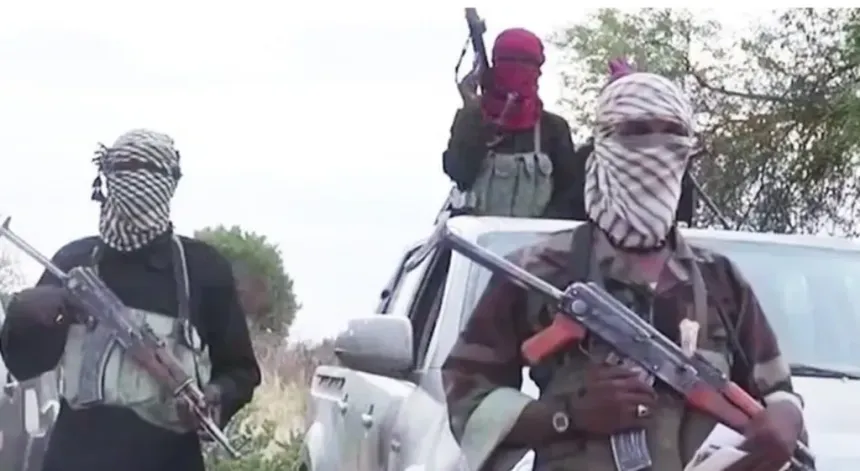Seven Nigerian soldiers, including an army commander, were killed in a deadly ambush by jihadists in northeastern Nigeria’s Borno State on Friday. According to a military intelligence report seen by AFP, the attack occurred in a village within the Konduga local government area, approximately 35 kilometres from Maiduguri, the state capital.
The soldiers were reportedly on patrol when their convoy came under heavy fire from militants believed to be affiliated with the Islamic State West Africa Province (ISWAP), a Boko Haram splinter faction. A member of an anti-jihadist militia assisting the Nigerian army confirmed the death toll.
This latest incident underscores the persistent insecurity in Borno, which has been the epicentre of jihadist violence since Boko Haram launched its insurgency in 2009. Despite significant military operations, both Boko Haram and ISWAP continue to stage ambushes and attacks on security forces and civilians.
Just a week earlier, ISWAP militants attacked an army base in Ngamdu village, also in Borno, using grenades and drones killing another seven soldiers. The increasing use of drone technology by insurgents has raised concerns over the evolving tactics of these groups.
Since 2019, the Nigerian military has consolidated smaller bases into larger, fortified “super camps” to enhance defence capabilities. However, critics argue that this strategy has inadvertently allowed militants to roam more freely in rural regions, exposing travellers and isolated communities to abductions and violence.
The prolonged conflict has displaced around two million people across northeastern Nigeria, spilling into neighbouring Niger, Chad, and Cameroon. Regional forces under the Multinational Joint Task Force continue coordinated efforts to suppress the insurgency, but sporadic attacks persist.
As the Nigerian government grapples with restoring stability in the northeast, Friday’s ambush serves as a grim reminder that the fight against jihadist extremism is far from over.

